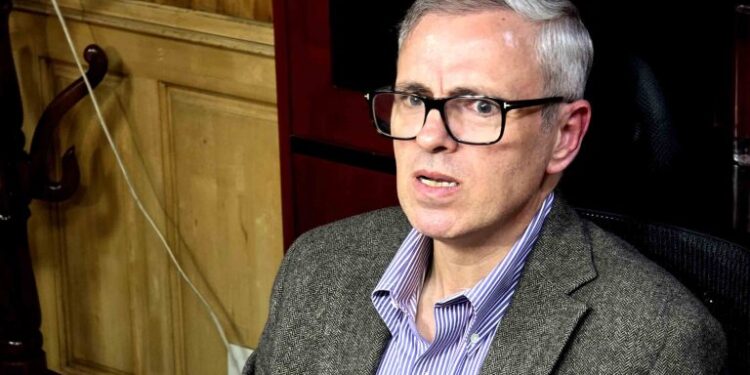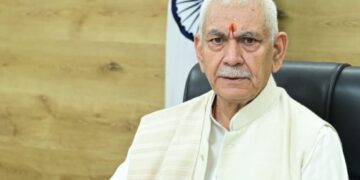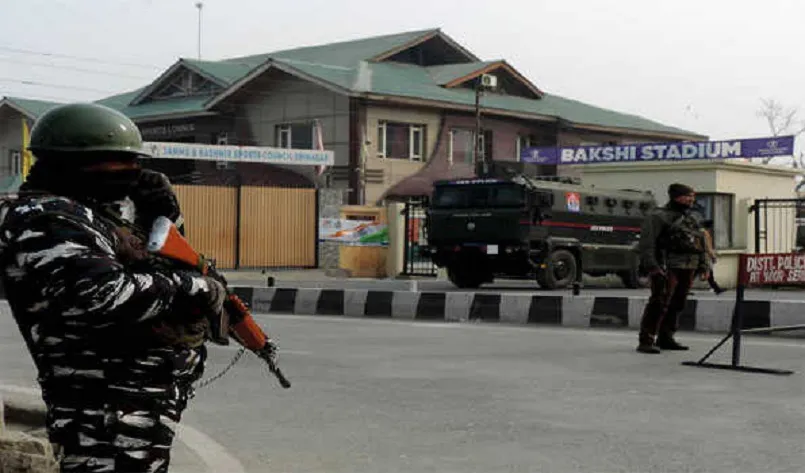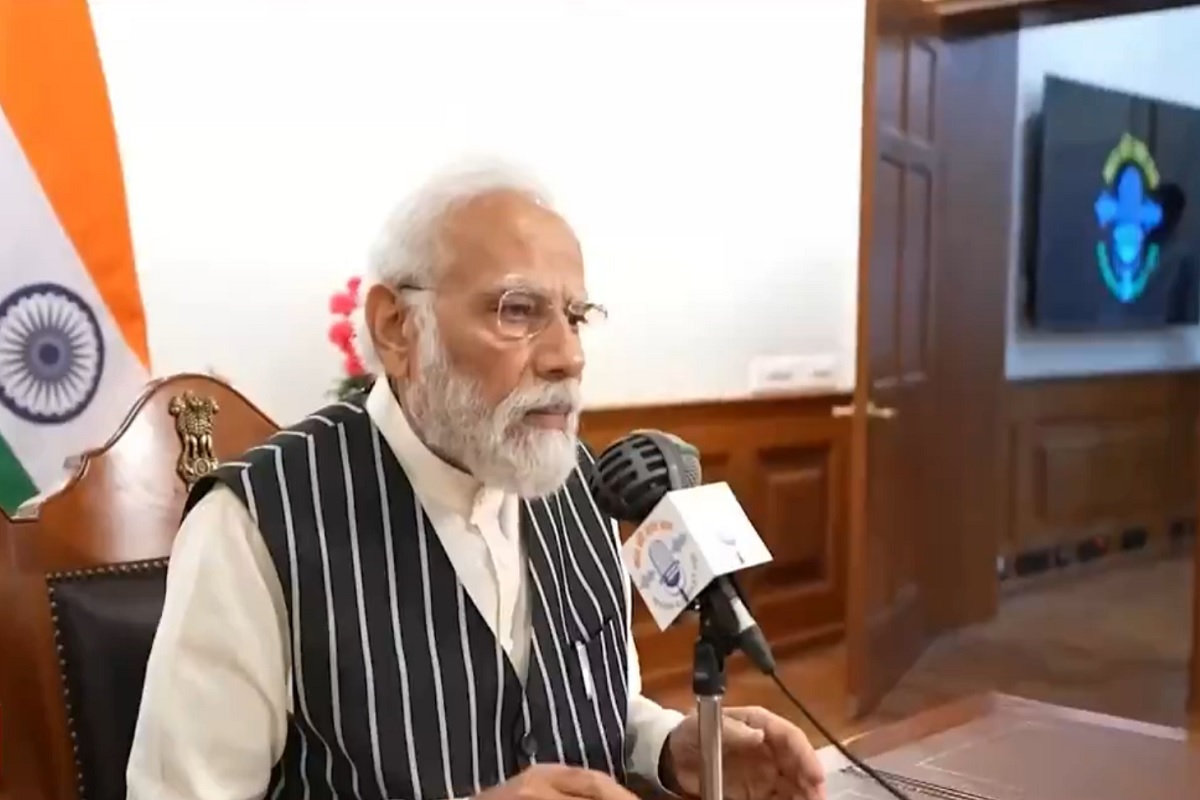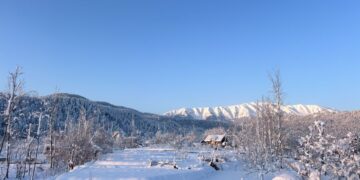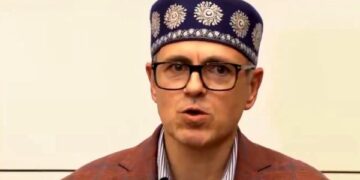Jammu: Dismissing reports of imposition of a 20 percent surcharge on the base power tariff for consumption during designated peak hours in the Valley, Chief Minister Omar Abdullah on Monday said there is no proposal to hike electricity tariffs in Jammu and Kashmir
“No electricity hike is proposed, and I do not know where this rumour started,” Abdullah told reporters on the sidelines of a function here.
Pertinently, some local news agencies had last week carried a news story about the Kashmir Power Development Corporation Limited (KPDCL) proposing an extra 20 percent surcharge on electricity consumption during morning and evening hours in the Valley.
As per the news reports, the KPDCL had sought approval from the Joint Electricity Regulatory Commission (JERC) to impose the surcharge on all categories of consumers except for the agriculture sector during peak hours, when demand is at its highest due to the bone-chilling cold in the Valley.
News agency KNO had quoted the Managing Director KPDCL, Mahmood Ahmad Shah, as saying: “KPDCL has proposed a 20 percent surcharge on tariff for the peak hours of the day. As of now, no decision has been taken by the regulatory commission.”
The proposal, according to the officials, was a part of the Time of Day (ToD) tariff system, under which electricity costs vary depending on the time of consumption.
However, the proposal evoked strong reactions from different sections of the society, with various political parties accusing the Omar Abdullah government of going back on its poll promises.
Leader of Opposition (LoP) and senior BJP leader Sunil Sharma had accused the National Conference of committing “electoral fraud” by promising free electricity before elections and now burdening the people with proposed hefty 20 percent tariff hike.
“Omar Abdullah promised 200 units of free electricity to every household in Jammu and Kashmir. Today, more than a year later, instead of fulfilling that promise, his government is preparing to loot people with an outrageous 20 percent increase in peak-hour consumption charges,” Sharma had said.
Apni Party president Altaf Bukhari had described the proposal as a “grave injustice” to the people of Kashmir.
Peoples Democratic Party MLA Waheed-ur-Rehman Para termed the proposal “cruel” and “catastrophic.” “J&K government must do a real ground assessment before hiking electricity charges,” he had said.
Peoples Conference general secretary Imran Reza Ansari had questioned the rationale behind the hike, demanding clarity on who within the Power Development Department authorized the “magical midnight-thought tariff ideas.”
The Kashmir Trade Alliance (KTA) had also voiced strong opposition to the proposal. KTA president Aijaz Shahdhar had termed it “arbitrary” and “unjustified,” warning that such a move would severely impact the business community and the general public.
The Kashmir Chamber of Commerce and Industry (KCCI) had also opposed the move, calling it unjustified and an attempt to shift the burden of systemic failures onto the people of Kashmir.
Meanwhile, today Omar Abdullah also said that debates over admissions at Mata Vaishno Devi University are moving away from constitutional principles. He warned that making admission decisions based on religion could set a precedent affecting other public services.
Speaking to the media, Abdullah referred to the assembly-approved act that established Mata Vaishno Devi University, noting that the law does not restrict admissions to any religious group. “When the assembly passed the bill to establish Mata Vaishno Devi University, where was it written that boys and girls of one religion would be excluded?” he said.
He added that the act clearly allows admissions based solely on merit. “At that time, it was stated that admission would be based on merit, not religion. Now, when admission decisions follow merit, some people are unhappy,” Abdullah said.
He said any attempt to bypass merit would require approval from the Supreme Court. “As far as I know, admission cannot be granted without merit,” he said, adding that introducing religion into admissions would violate constitutional provisions.
Abdullah warned that once religion becomes a factor in institutional decisions, it could influence other areas of governance. “If decisions are made based on religion, should social welfare schemes follow the same principle? Should police officers perform their duties based on religion?” he asked.
He said the Leader of the Opposition, Sunil Sharma, should review the assembly record and the bill to confirm that no provision allows seat distribution based on religion.

